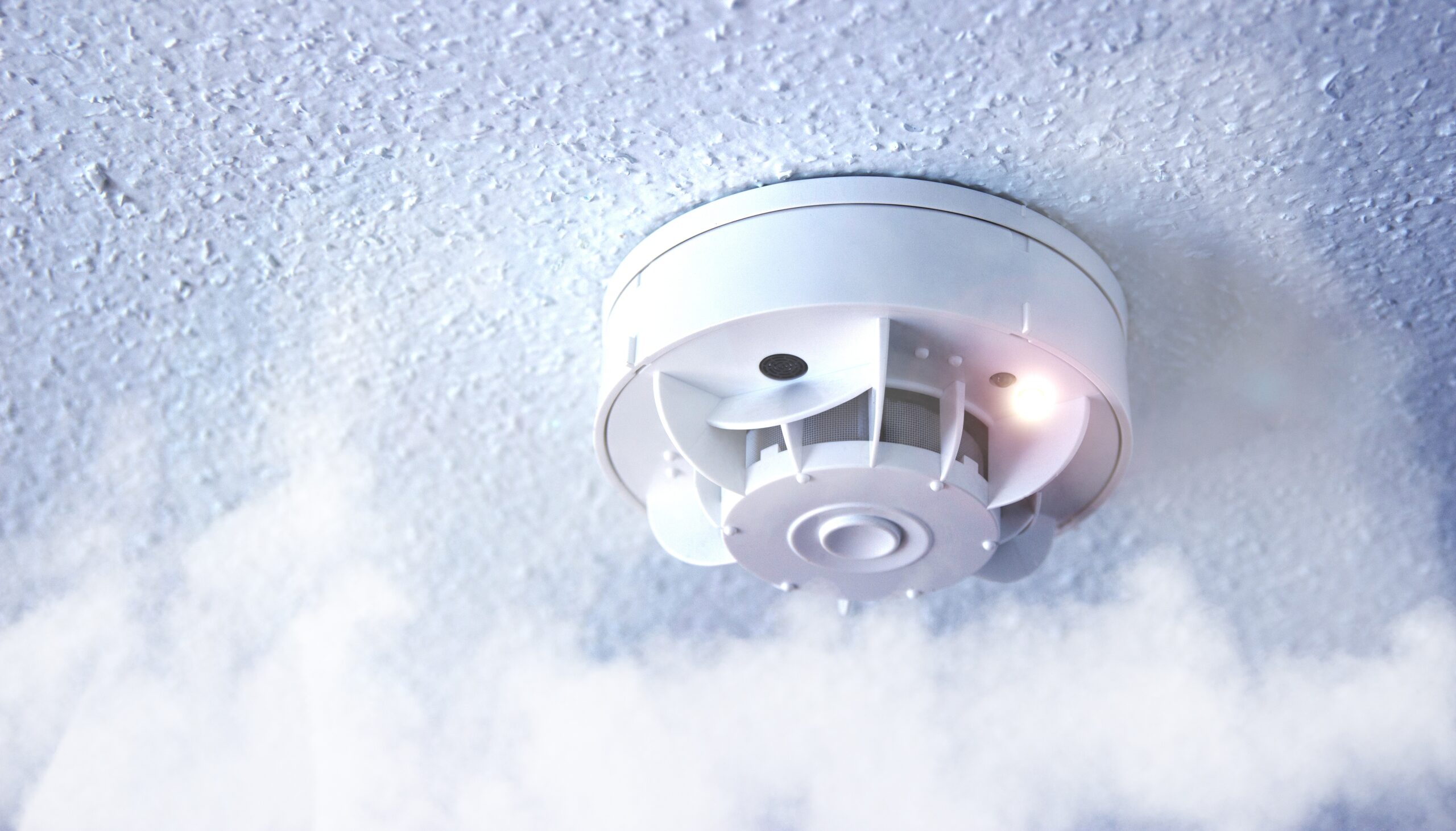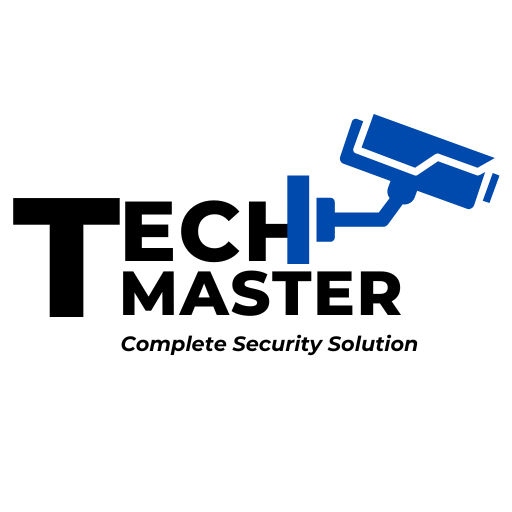In the scorching climate of Gujarat, especially during heat waves, the risk of fires escalates significantly. A robust fire alarm system isn’t just a recommendation—it’s a necessity. To protect your assets and ensure safety, here are ten crucial features your fire alarm system must have during these extreme temperature conditions.
1. Heat Detectors
Unlike traditional smoke detectors, heat detectors are critical in areas where high temperatures may cause smoke detectors to malfunction. These devices respond to a specific temperature setting, making them indispensable during a heat wave.
2. High Temperature Tolerance
The components of your fire alarm system, including detectors and wiring, must withstand high temperatures without degrading. Ensure that all parts are rated for temperatures higher than the typical maximums experienced in Gujarat during summer.
3. Advanced Smoke Detection
During a heat wave, the air quality can deteriorate, which might lead to frequent false alarms from standard smoke detectors. Opt for smoke detectors with adjustable sensitivity or those that use photoelectric technology, which are less prone to false alarms from steam and dust.
4. Integrated Sprinkler Systems
In case of fire, immediate response is crucial. An integrated system that connects fire alarms with sprinkler systems ensures rapid activation of the sprinklers, helping to control fires before they spread extensively.
5. Remote Monitoring and Alerts
Systems equipped with remote monitoring can send alerts to your mobile device or a central monitoring service. This feature is vital during a heat wave when a fire can spread rapidly, ensuring quick evacuation and response even if no one is physically on-site.
6. Automatic Drills and Checks
Ensure your fire alarm system includes automatic functionality checks and scheduled drills. This will help maintain vigilance and preparedness among the occupants of a building, which is especially crucial during a heat wave when the risk of fire is elevated.

7. Battery Backup
Power outages are more frequent during heat waves due to increased demand on the power grid. A fire alarm system with a reliable battery backup ensures it remains operational even during power cuts, providing continuous protection.
8. Interconnected Alarms
In large buildings or complexes, interconnected alarms can help ensure that everyone is alerted simultaneously, regardless of where the fire starts. This is particularly important in densely populated areas like Gujarat, where a delay in alerting one part of a building can lead to catastrophic results.
9. Voice Evacuation and Public Address System
A system that incorporates a voice evacuation or public address system can give clear instructions on how to safely evacuate the building. This is crucial during a heat wave, as panic can spread as quickly as fire.
10. Maintenance and Support
Finally, regular maintenance and accessible technical support are pivotal. The system should be checked more frequently during the summer months to ensure all components function optimally in the extreme heat. Choose a provider that offers robust support and rapid service.
Understanding the Risks
Heat waves bring unique challenges to fire safety. Increased temperatures can lead to:
- Higher likelihood of electrical fires due to overuse of air conditioning and cooling systems.
- Accelerated spread of fires due to hot, dry conditions.
- More frequent false alarms, which can lead to complacency.
Installation and Regular Upkeep
Proper installation by certified professionals is non-negotiable. Equally crucial is ongoing maintenance, which includes:
- Regular testing to ensure all components are functioning correctly.
- Immediate replacement of faulty parts.
- Software updates to keep remote monitoring and alert systems current.
Legal Compliance and Best Practices
Adherence to local fire safety laws and standards is mandatory. In Gujarat, this means compliance with the guidelines set forth by the Gujarat State Fire Prevention and Life Safety Measures Act. Regular audits and compliance checks will help avoid legal penalties and, more importantly, save lives.
A heat wave in Gujarat is not to be taken lightly, nor is fire safety during such conditions. By ensuring your fire alarm system includes these ten features, you can significantly enhance safety and preparedness. Remember, the best fire protection strategy is a proactive one, tailored to the specific challenges posed by the local climate and infrastructure. Stay safe and make informed choices to protect your property and, most importantly, the lives of those within your premises. Get in touch with TechMaster Palanpur’s Maaz Master today.

